






What is Critical Pedagogy?
Critical Pedagogy is a philosophy of education that encourages the students to be critical towards their reality – its power structures, contradictions and flaws. Most often associated with the pedagogical thinkers Paulo Freire and Henry Giroux, Critical Pedagogy is a fascinating school of thought that deserves to be considered in depth: its underlying concepts are far from obvious – in fact, they alone might be able to change how you view education, society and power.
Eight Concepts of Critical Pedagogy
In this article, we thought to shed some light on 8 key concepts that stand at the base of Critical Pedagogy. Hopefully, this will give you the basic notions and the terminology that you need in order to deepen your understanding of this fascinating topic.
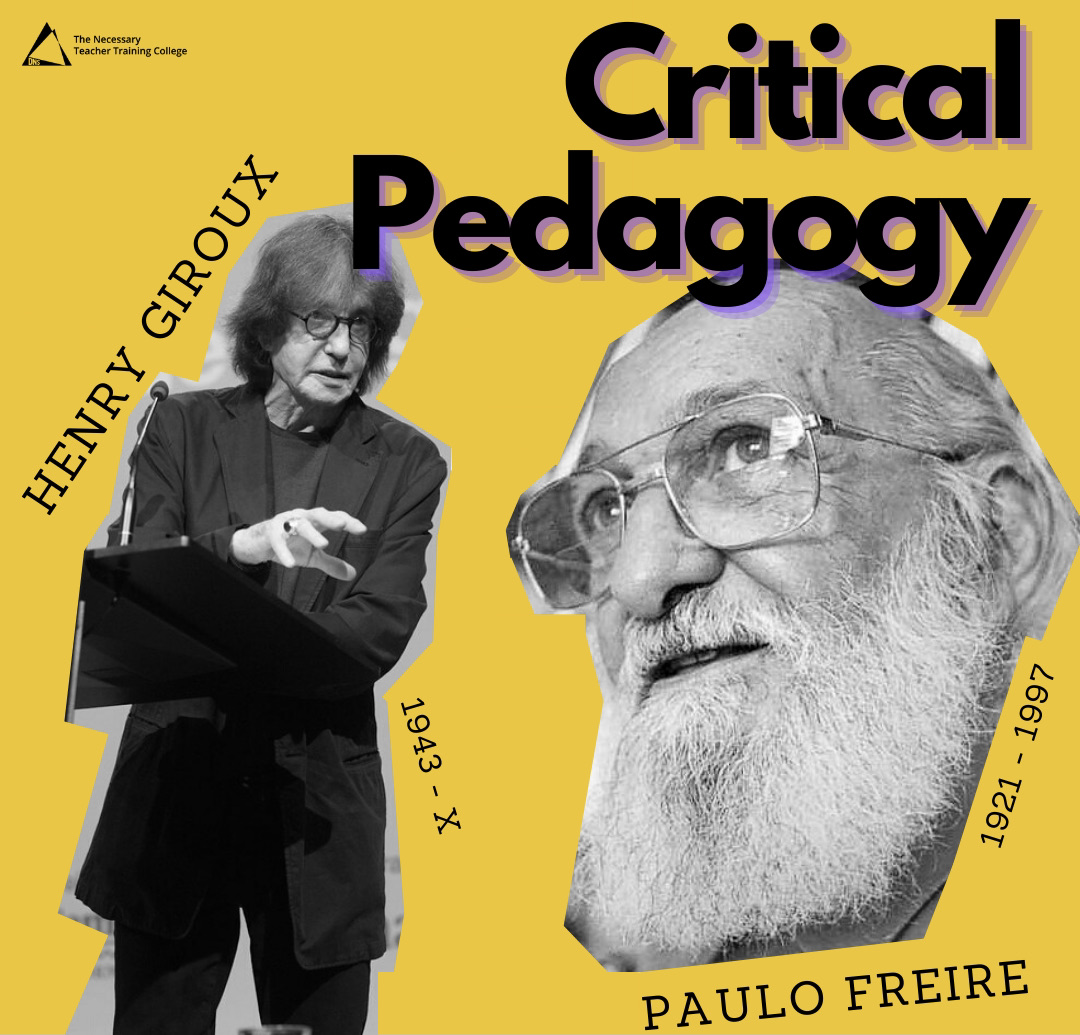
1. Critical theory
Critical Theory is one of the first fundamental concepts to grasp, if you want to understand Critical Pedagogy. It is a school of thought associated with the Frankfurt School, a Marxist-oriented research center founded in 1923 by a group of German philosophers of Jewish origins. It comprises different ideas and theories, united by the belief that the primary goal of philosophy is to help understand and overcome the social structures through which people are dominated and oppressed.
It’s easy to imagine how this idea, central to Critical Theory, has later on inspired and supported the development of Critical Pedagogy. If philosophy and knowledge should serve to liberate people from oppression, what is the role of Pedagogy, teachers, and educational institutions? Freire and Giroux’s reflections spark exactly from this question: what is the purpose of education?

2. Pedagogy as a Moral and Political practice
“Pedagogy can’t be separated from how subjectivities are formed, desires are mobilized, how some experiences are legitimized and others are not, how some forms of knowledge are considered acceptable, while other forms are excluded from the curriculum” – Giroux claimed during a lecture fully available on YouTube. In other occasions, he had added that “issues of social justice and democracy itself are not distinct from acts of teaching and learning”.
What Giroux means is that Pedagogy forms, influences and shapes the personalities of the students – their understanding of the world, of themselves in it, their deepest values and even desires. These same students will grow up and become the driving force of their society, acting and making decisions on the base of their personalities and beliefs – which had been vastly shaped by the educational system. How can Pedagogy be seen as something detached from Politics, then?
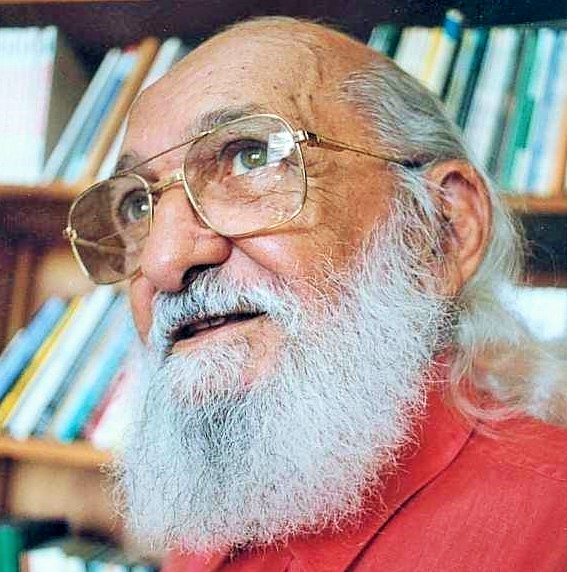
3. The neutrality of knowledge
“Pedagogy is a moral and political practice, because it offers particular versions and visions of civil life, and how we might construct representations of ourselves and others in our physical and social environment” Giroux continued in the same lecture. This is the reason why Critical Pedagogy supports the belief that Education is never neutral.
In other words, Pedagogy always makes a choice: to either transmit knowledge and values that support and perpetuate the status quo – in terms of politics and culture – or that challenge and dismantle it. Not taking a stand doesn’t equal being neutral: it equals conforming to the ways and ideas dominant to the societal context.
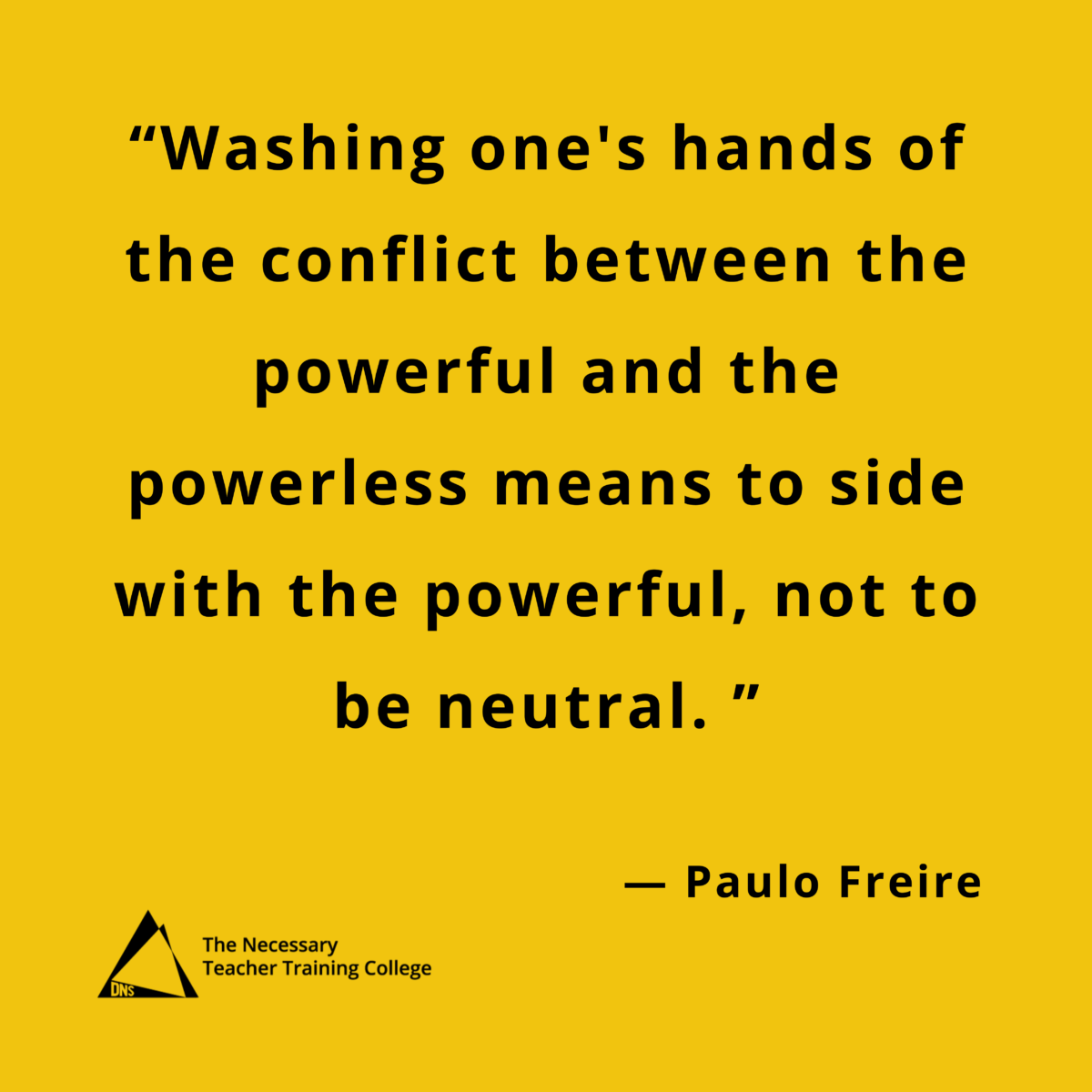
4. Democracy and Social Justice
Critical pedagogy views Democracy and Social Justice as the goals education should strive to achieve – but not only: as the values education should be based upon, too. In some interviews, Henry Giroux refers to “the tension between how things are and how they ought to be” as the driving force of social change – which has as an objective, clearly, values such as fairness, equity and freedom.
In the field of Critical Pedagogy, this translates into concrete methodologies that can help the students develop particular skills, which would in the long term contribute to shaping a democratic and fair society. Such skills are, for example, critical consciousness, language and emancipation.
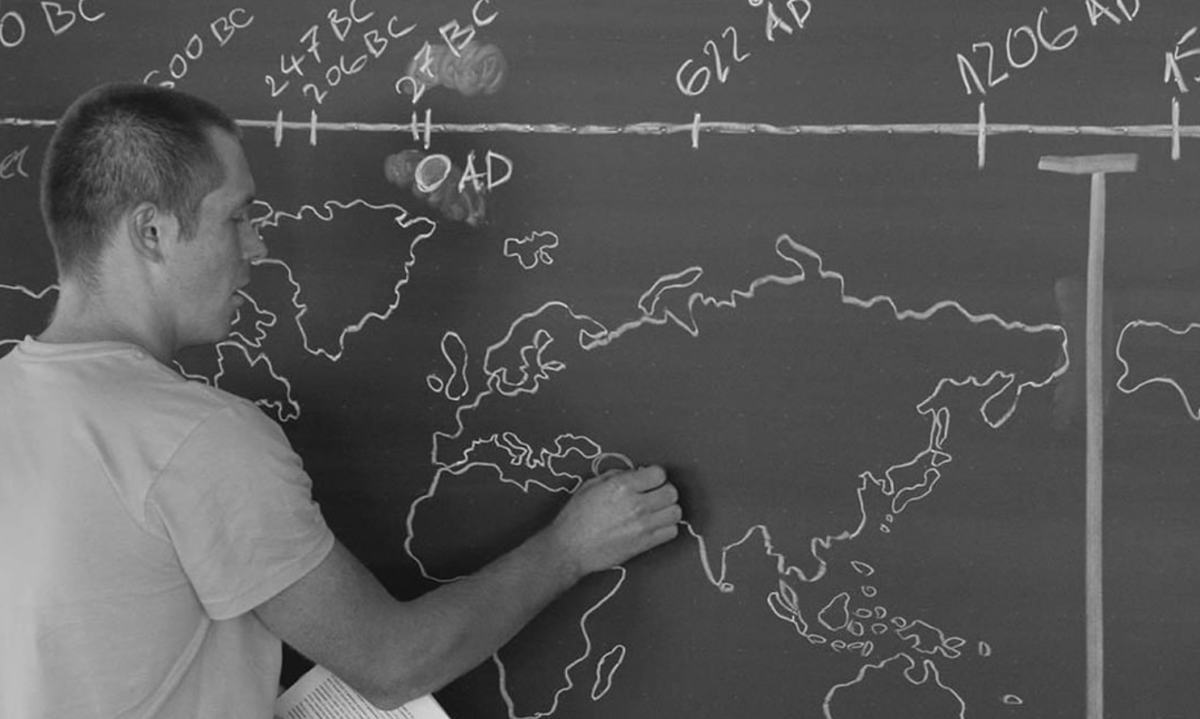
5. Conscientisation
Critical Consciousness is a concept that is central to Critical Pedagogy: k12 Academics defines it as “going beneath surface meanings, first impressions, dominant myths, official pronouncements, traditional clichés, received wisdom, to understand the deep meanings, root causes, social contexts, ideologies, and personal consequences of any topic”.
Freire’s idea of ‘Conscientisation’ indicates the process of an individual or community of acquiring critical consciousness, of becoming aware of one’s own context and identity. After the individual begins to perceive the social and political contradictions of their world, it becomes possible to take action and to seek a positive change.
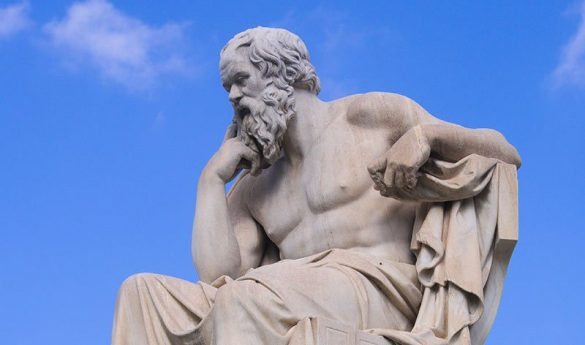
6. Language and power
“Who says that this accent and this way of thinking are the cultivated ones?” Freire asked in an interview, in 1996. What he put up is a question of legitimacy: why do we associate legitimate knowledge with certain symbols? Why does legitimate knowledge, in our collective imagination, look like old, white professors in dark brown suits, and not like indigenous women in Brazil?
Freire continued by stating that it is impossible to teach language without ideology and power. He proposed that ethnic minorities should be taught to speak and write their native language – and should be shown that it is as beautiful and valuable as the language of the dominant culture. On the side, they should be taught the dominant language, too: to be able to express themselves in what is considered the “legitimate” way – and to articulate the thoughts that will serve their struggle for liberation.
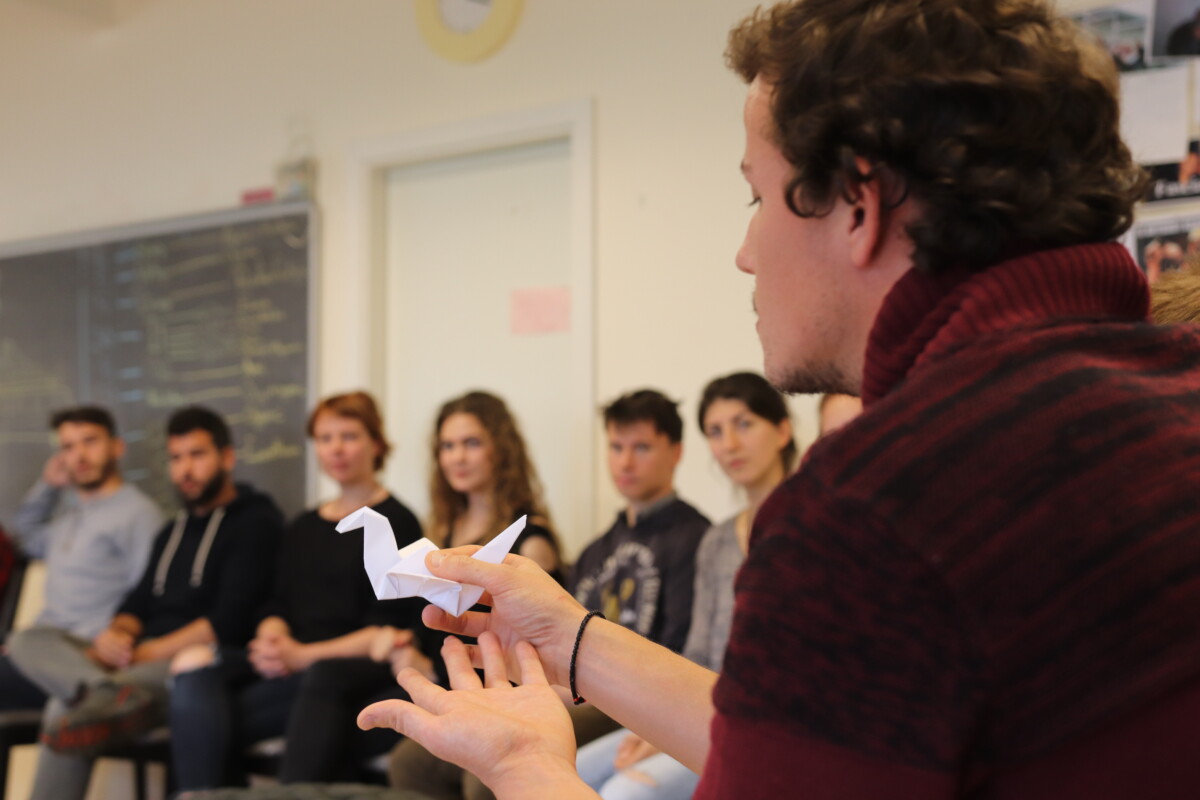
7. Oppression and Liberation
As you might have understood by now, Critical Pedagogy is all about striving for a better, fairer, and more democratic world – and for the ultimate liberation of the individuals who are part of it. If Freire was concerned with the oppression and liberation of entire social groups, like oppressed and marginalized ethnic communities, Giroux goes as far as to advocate for the liberation of the middle-class individuals in Western societies.
“Our society is affected by an inability to translate private troubles into larger social issues. We now individualize the social. When we talk about poverty, we talk about lifestyles; when we talk about homelessness, we talk about character; when we talk about racism, we talk about ignorance. All the systemic metaphors disappear, which makes people powerless, because they blame themselves. […] They blame themselves for a system that failed them, because they had no other language.” This, among other problematics of our times, is what Critical Education aims to show and to change.
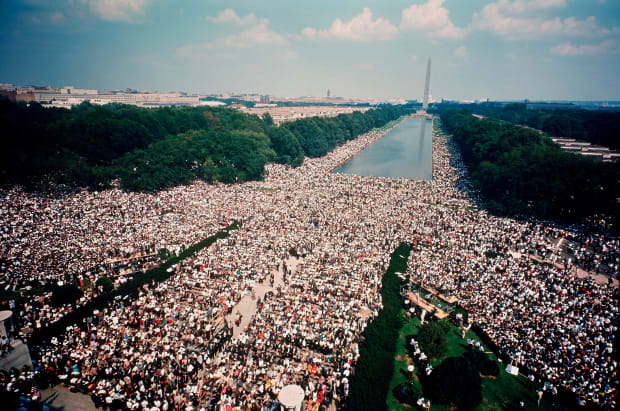
8. Culturally Sustaining Pedagogy
The concepts we presented so far concern Critical Pedagogy as a philosophy of education – but certainly, Critical Pedagogy translates in a number of pedagogical tools and strategies. Culturally Sustaining Pedagogy is one of the pedagogical methodologies that springs out of Critical Pedagogy – and which is specifically applicable to educational contexts that involve students from cultural minorities.
Culturally Sustaining Pedagogy aims to accept the backgrounds of students and to connect to students’ cultural knowledge, prior experiences, and frames of reference – but not only. It aims to create a means through which their culture can be sustained, rather than eradicated.
In practice, this happens by including topics relevant to the culture in question in the curriculum – not as an “add-on” but as a central and integral element of it. It also entails engaging in conversation with the community itself, to understand its desires as for what aspects of the culture should be sustained through schooling. Culturally Sustaining Pedagogy, just like Critical Pedagogy, also supports students to critique and question the dominant power structures of their society.
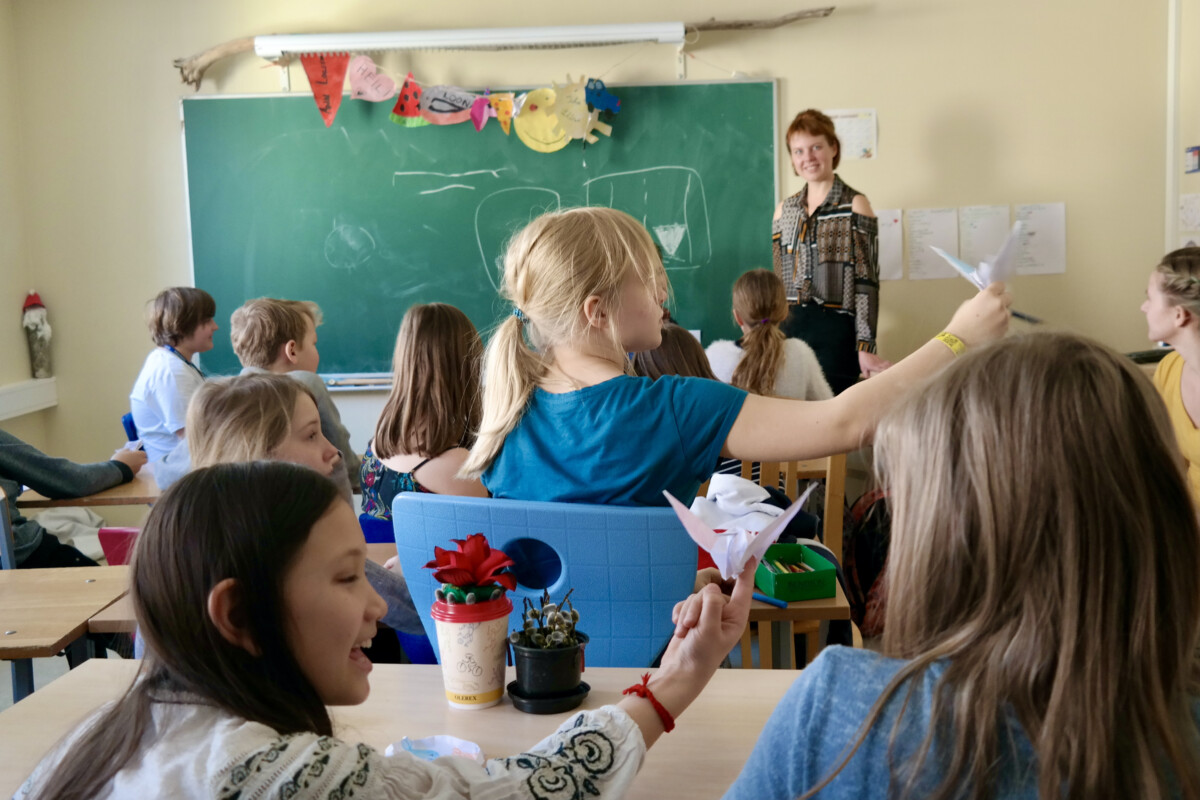
Conclusion
With these 8 concepts of Critical Pedagogy, we hope to have cleared your mind on all the basic terminology you need to dig deeper into the topic yourself. Critical Pedagogy is, ultimately, not a single, well-defined set of methodologies – rather an authentic philosophy of education, composed of different thoughts, concepts and practical implications.
Which of these 8 concepts surprised you the most?
Other Pedagogical Tools
Critical Pedagogy is just one of the unconventional pedagogies we take inspiration from, at our Teacher Training College. Check out this article about 5 unconventional pedagogical methods.
Alternative education
If you are interested in Alternative Education, you might want to read about the 10 pedagogical principles that lay at the base of our alternative pedagogy.
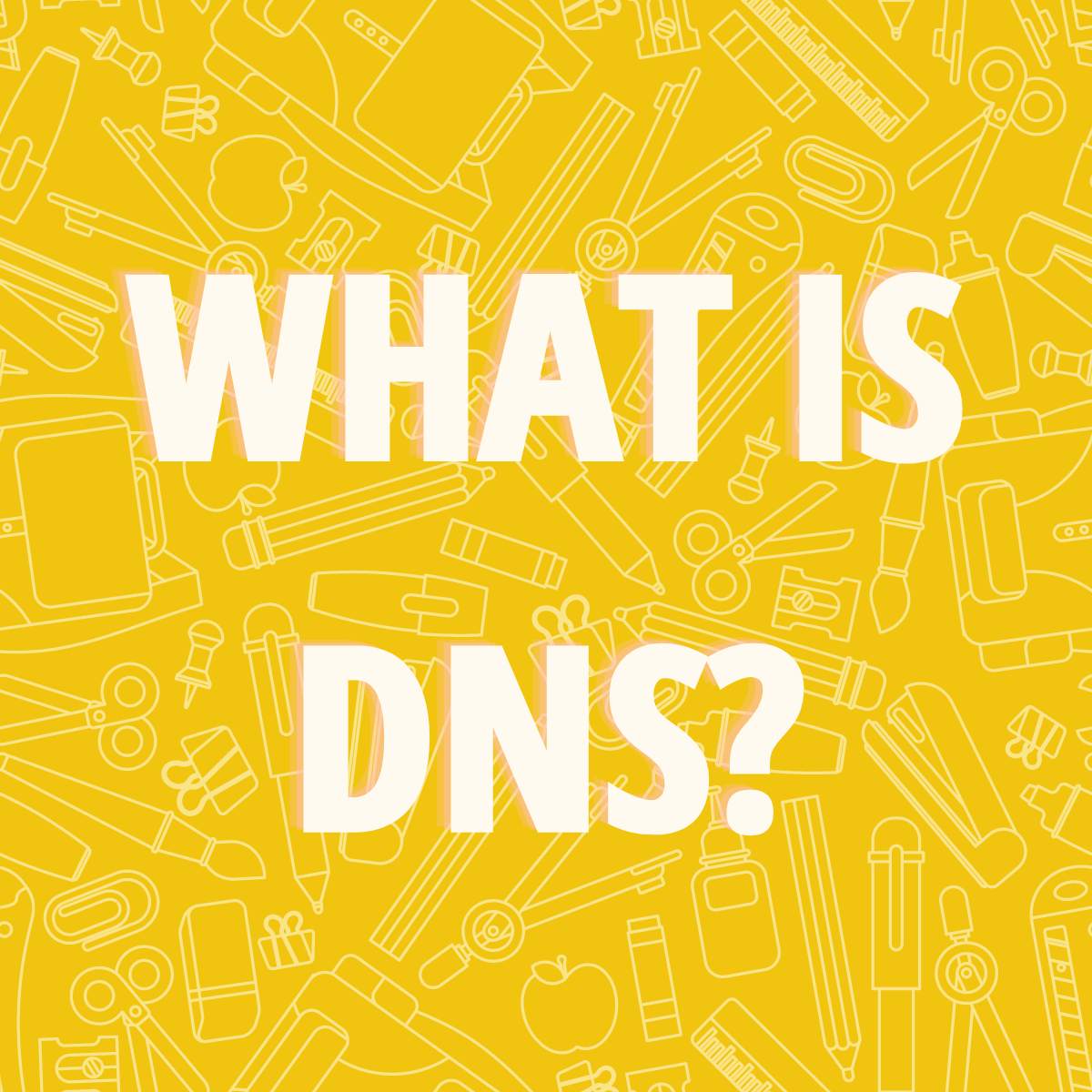
What is DNS?
“The Necessary Teacher Training College” is an alternative higher education aiming to train progressive personalities who are able to understand and respond to the many challenges of our times.
Based in Denmark, our 4-year Bachelor Programme aims to enable its students to become global citizens and proficient educators.
Since DNS was established in 1972, over 1.000 graduates have played an important role in bringing equitable quality education to children and youth, as well as in all sorts of other projects and development programmes worldwide.
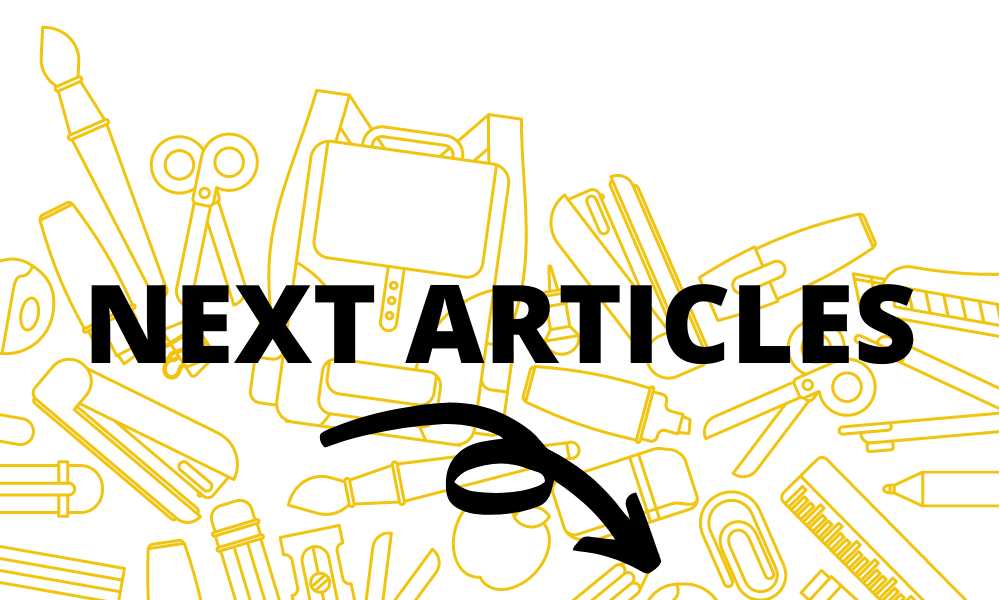
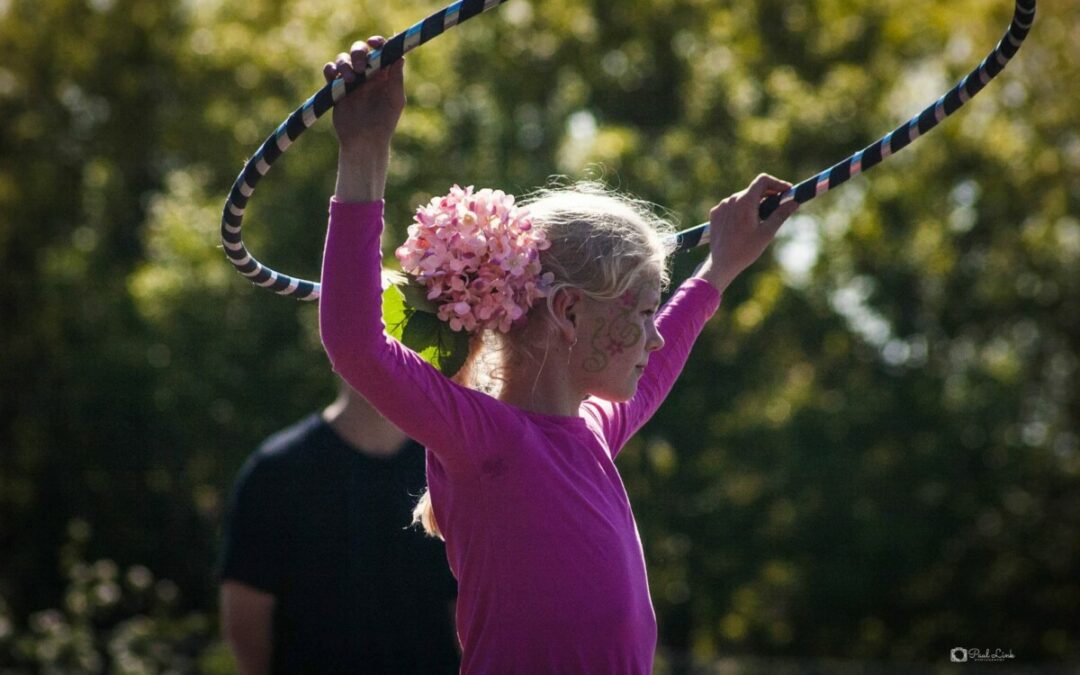
Student experiences: “Learning about Gamification in Adult Education”
In order for gamification in adult’s education to work, educators should resort to strategies such as promoting fun and engaging activities whilst creating a safe and supportive learning environment.
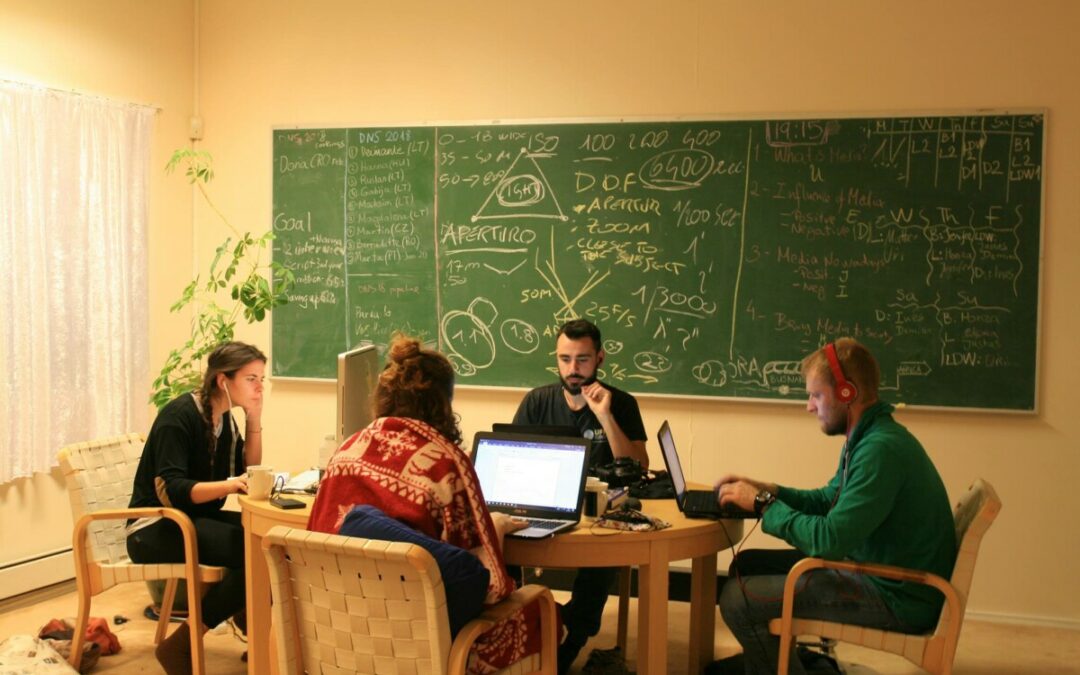
Transforming Education with these 5 unconventional Teaching Methods
These are five unconventional teaching methods – or learning, if you prefer – drawn from the experience of our Bachelor Programme in Alternative Education. We hope they’ll inspire you to approach learning for what it is – an engaging and fulfilling activity, at its core.
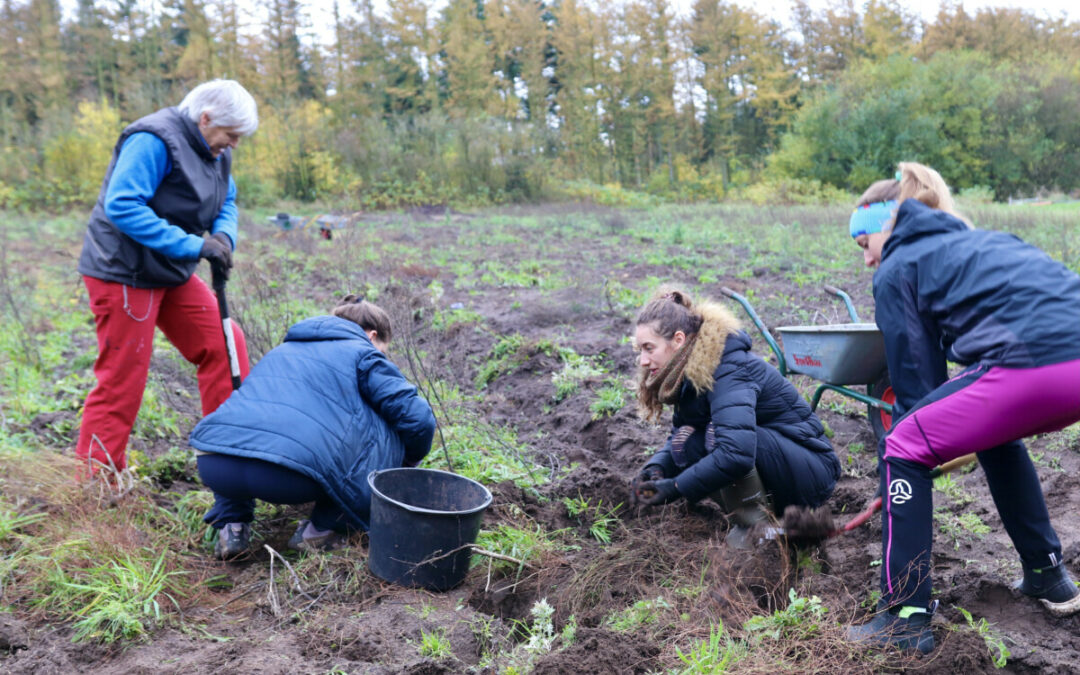
Student experiences: “We need intergenerational collaboration to face the Climate Crisis”
Intergenerational projects – like combining kindergarten and old age homes under the same roof – are showing us an enlightening new approach to planet protection.



Let’s start a discussion!
Did you like this article? Let us know what you think in a comment!
“Critical Pedagogy is a philosophy of education that encourages students to be critical towards their own reality.”
Here is what others think:
4 Comments
Submit a Comment


Student experiences: “Learning about Gamification in Adult Education”
In order for gamification in adult’s education to work, educators should resort to strategies such as promoting fun and engaging activities whilst creating a safe and supportive learning environment.

Transforming Education with these 5 unconventional Teaching Methods
These are five unconventional teaching methods – or learning, if you prefer – drawn from the experience of our Bachelor Programme in Alternative Education. We hope they’ll inspire you to approach learning for what it is – an engaging and fulfilling activity, at its core.

Student experiences: “We need intergenerational collaboration to face the Climate Crisis”
Intergenerational projects – like combining kindergarten and old age homes under the same roof – are showing us an enlightening new approach to planet protection.

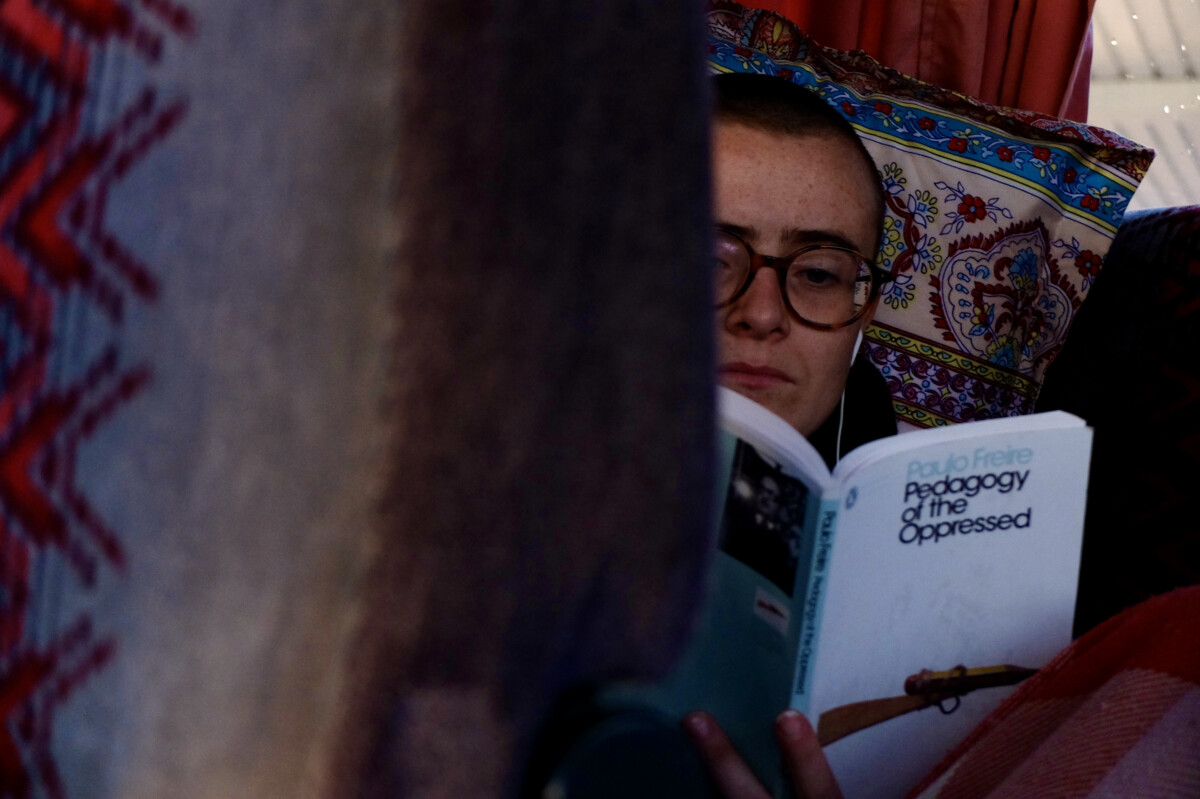
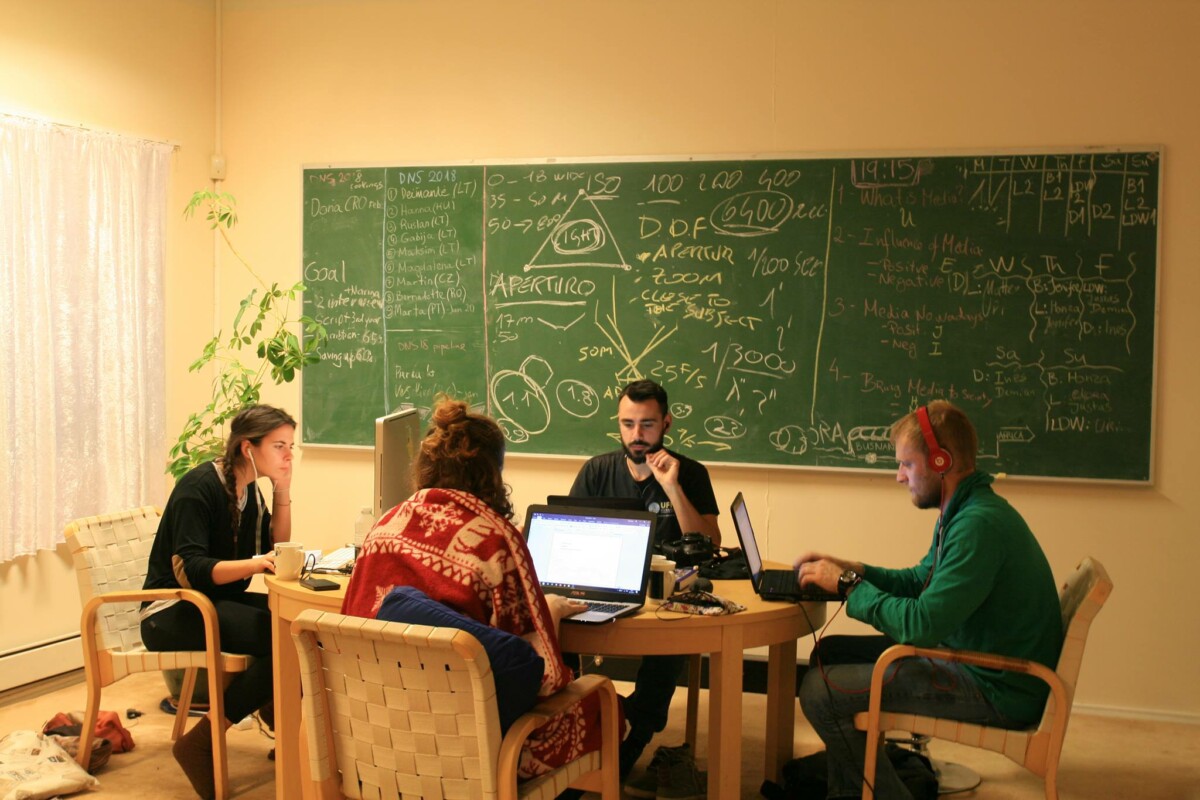
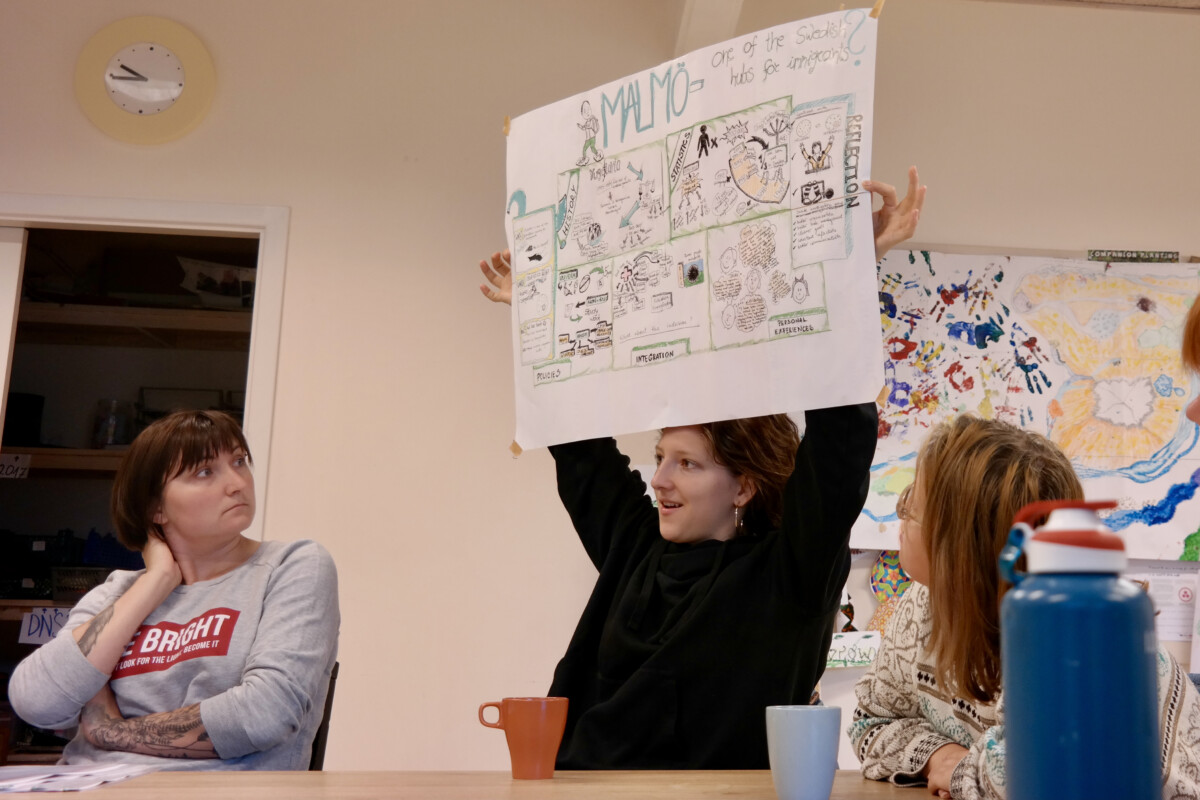
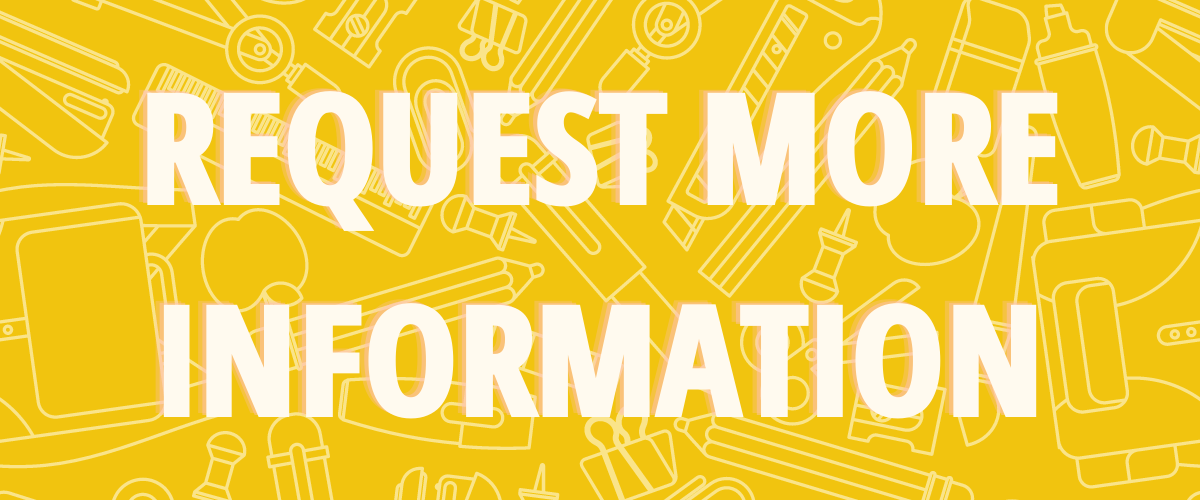

Parabéns pelo brilhante artigo, Paulo Freire merece destaque, tanto pelo conteúdo, quanto pela prática dele na Educação. Atualmente, no Brasil, os eleitores de Bolsonaro, inclusive educadores, criticam Paulo Freire. Muitos professores e pedagogos nunca leram livros de Paulo Freire, lamentavelmente. Tamanha ignorância também é sobre não saber do grande trabalho dele como secretário de Educação da então prefeita Erundina, na cidade de São Paulo. Todavia, como disse no livro Conscientização, “A revolução deve ter como arma a palavra”, inclusive para conscientizar trogloditas.
I, shiva aryal from the eastern part of Asia, Nepal, I am really influenced by the ideas that are present in this article. I am interested to know more about how to implement the CP in the school education system. I have no more ideas about this concept. if you do not feel difficulty, I really requested you more information.
I am Meenu from Pokhara. This article has clarified my concept of critical pedagogy very simply.
Generally, this pedagogy is not implemented so most do not know about that, so more articles in simple language should be.
I would like to clarify my understanding of how political influence demoralized the quality education
.
I studied the Pedagogy of the Oppressed
during my MA courses at Pacific Oaks College& Children’s School in Pasadena, CA. While in program at the lab school each day, I was able to see the actionable applications of Friere’s concepts in real time. In settings with young learners, during parent/ teacher meetings, engaging with colleagues to support the whole child and while discussing the dominant culture paradigm and eventual shift introduced by the Obama administration, his idea of the “banking method,” was never far from the front of my mind.
“How do I as a progressive, early childhood practitioner, support power for ALL humans versus the dominant culture’s outdated method of dominance OVER others? When I hear about ANY form of oppression or exclusion, my mind automatically shifts to “power for all not power over others.”